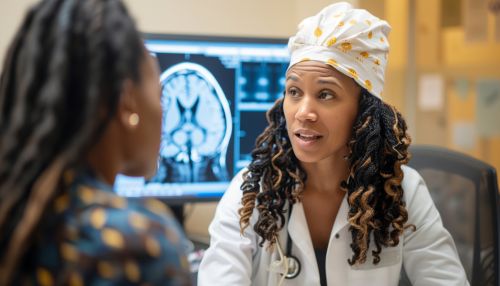Clinical Neuropsychology
Overview
Clinical neuropsychology is a sub-specialty within the field of clinical psychology that focuses on understanding the relationship between the brain and behavior. It is a scientific discipline that involves the application of psychological principles to the assessment, diagnosis, treatment, and rehabilitation of individuals with neurological, medical, neurodevelopmental, and psychiatric conditions, as well as other cognitive and learning disorders.
History
The field of clinical neuropsychology has roots in both neurology and psychology. The term "neuropsychology" was first used by Russian neurologist A.R. Luria, whose work in the mid-20th century laid the foundation for this discipline. However, the field as we know it today began to take shape in the 1960s and 1970s, when researchers started to systematically study the effects of brain damage on cognition and behavior.
Theoretical Foundations
Clinical neuropsychology is grounded in the science of brain-behavior relationships. It draws on the theories and principles of cognitive psychology, neuroanatomy, and neurophysiology. The field is particularly influenced by the cognitive and behavioral neuroscience models, which propose that human cognition and behavior can be understood in terms of brain structures and processes.
Neuropsychological Assessment
Neuropsychological assessment is a key component of clinical neuropsychology. It involves the use of standardized tests and procedures to evaluate cognitive functions such as attention, memory, language, visuospatial skills, and executive functions. The results of these assessments can help in diagnosing various neurological and psychiatric conditions, planning treatment and rehabilitation strategies, and predicting outcomes.


Neuropsychological Rehabilitation
Neuropsychological rehabilitation is another important aspect of clinical neuropsychology. It involves the use of therapeutic interventions to help individuals recover cognitive functions that have been impaired due to brain injury or disease. These interventions can include cognitive retraining, compensatory strategies, and psychoeducation.
Neurological Disorders
Clinical neuropsychologists often work with individuals who have neurological disorders such as stroke, traumatic brain injury, Parkinson's disease, and Alzheimer's disease. They play a crucial role in assessing cognitive and behavioral changes associated with these conditions, and in providing interventions to manage these changes.
Psychiatric Disorders
In addition to neurological disorders, clinical neuropsychologists also work with individuals with psychiatric disorders such as schizophrenia, depression, and anxiety disorders. They use neuropsychological assessments to understand the cognitive deficits associated with these conditions, and to guide the development of treatment plans.
Pediatric Neuropsychology
Pediatric neuropsychology is a sub-specialty within clinical neuropsychology that focuses on the assessment and treatment of children with neurological, medical, neurodevelopmental, and psychiatric conditions. Pediatric neuropsychologists play a crucial role in understanding the impact of these conditions on a child's cognitive development and functioning.
Professional Issues
Clinical neuropsychology is a regulated profession, and practitioners are required to have a doctoral degree in psychology, as well as specialized training in neuropsychology. In many countries, they are also required to be licensed or registered with a professional regulatory body.
Future Directions
The field of clinical neuropsychology continues to evolve, with ongoing research exploring new assessment tools, treatment approaches, and theoretical models. Advances in neuroimaging technologies are also expected to have a significant impact on the field, providing new insights into the brain-behavior relationships that underpin human cognition and behavior.
